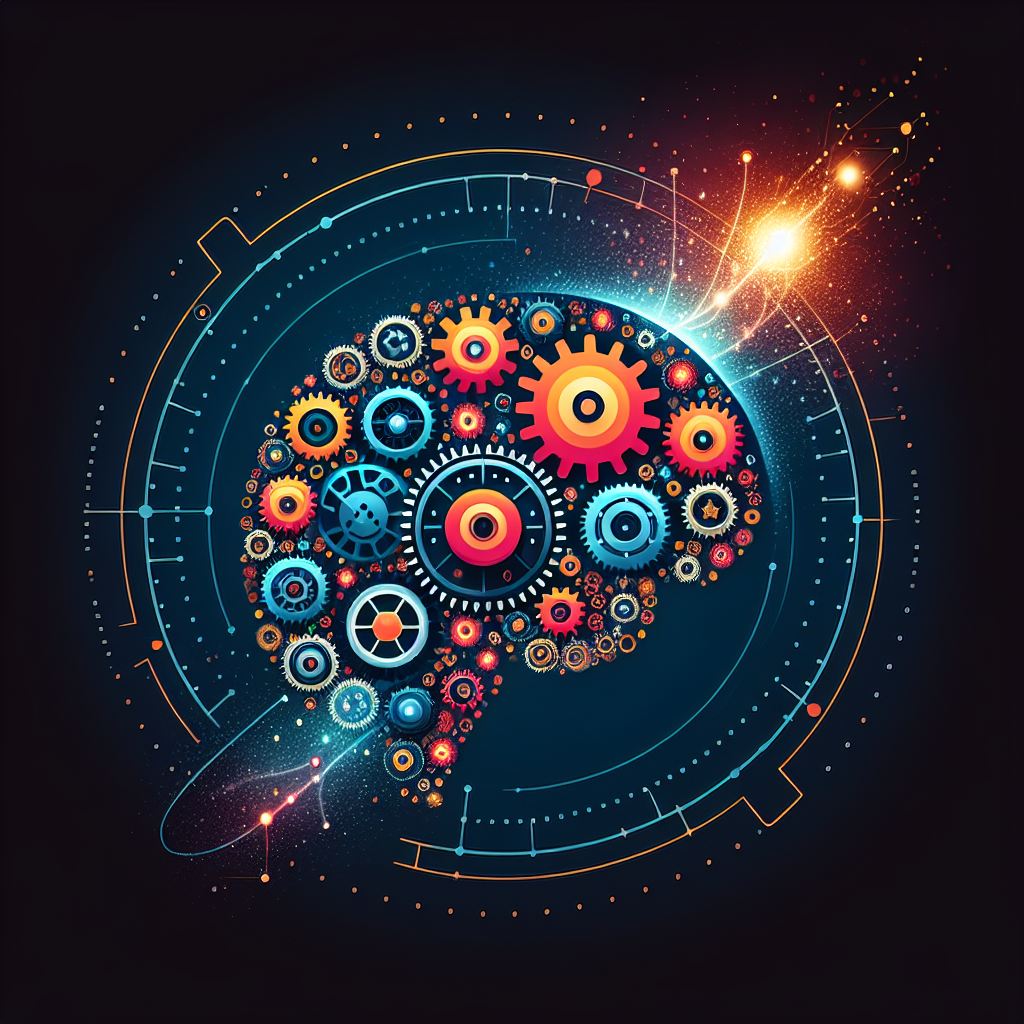Artificial General Intelligence (AGI) has long been a dream of many scientists and researchers. The idea of creating a machine that can think and learn like a human has captured the imagination of people for decades. AGI has the potential to revolutionize industries, transform the way we live and work, and drive innovation and progress in unprecedented ways.
AGI, also known as strong AI or full AI, refers to a machine intelligence that can perform any intellectual task that a human can. This includes understanding natural language, learning from experience, reasoning, planning, and problem-solving. While artificial narrow intelligence (ANI) is already prevalent in many industries, such as self-driving cars, virtual assistants, and image recognition software, AGI represents a significant leap forward in the field of artificial intelligence.
One of the key benefits of AGI is its ability to automate complex tasks that previously required human intelligence. This has the potential to increase efficiency, reduce costs, and improve productivity across a wide range of industries. For example, AGI could revolutionize healthcare by analyzing medical data to identify patterns and make diagnoses faster and more accurately than human doctors. In the field of finance, AGI could analyze market trends and make investment decisions with a level of sophistication that surpasses human capabilities.
AGI also has the potential to unlock new opportunities for innovation and creativity. By automating routine tasks, AGI can free up human workers to focus on more strategic and creative endeavors. This could lead to the development of new products and services that were previously unimaginable, as well as the creation of entirely new industries.
Furthermore, AGI has the potential to drive progress in areas such as scientific research and exploration. By processing vast amounts of data and performing complex simulations, AGI could help researchers make new discoveries and solve some of the world’s most pressing challenges. For example, AGI could accelerate the development of new drugs, predict natural disasters, and even aid in the exploration of outer space.
Despite the many potential benefits of AGI, there are also concerns about its impact on society. One of the biggest challenges is ensuring that AGI is developed and used ethically and responsibly. There are concerns about the potential for AGI to be used for malicious purposes, such as surveillance, warfare, or the manipulation of public opinion. There are also concerns about the impact of AGI on the job market, as automation could lead to the displacement of millions of workers.
To address these concerns, it is essential that AGI is developed in a transparent and accountable manner. This includes ensuring that AGI systems are designed with built-in safeguards to prevent misuse, as well as implementing regulations and standards to govern their use. It is also important to consider the ethical implications of AGI and to engage with stakeholders from a wide range of backgrounds to ensure that AGI is developed in a way that benefits society as a whole.
In conclusion, AGI has the potential to be a catalyst for innovation and progress in ways that were previously unimaginable. By automating complex tasks, unlocking new opportunities for creativity, and driving progress in scientific research, AGI has the potential to transform industries and improve the quality of life for people around the world. However, it is essential that AGI is developed and used ethically and responsibly to ensure that its benefits are realized without causing harm.
FAQs:
Q: What is the difference between AGI and ANI?
A: AGI refers to a machine intelligence that can perform any intellectual task that a human can, while ANI refers to a machine intelligence that is designed for a specific task or set of tasks. AGI is more flexible and adaptable than ANI, as it can learn and apply its intelligence to a wide range of tasks.
Q: How close are we to achieving AGI?
A: While significant progress has been made in the field of artificial intelligence, achieving AGI remains a challenging task. Researchers are still working on developing the algorithms and technologies needed to create a machine that can think and learn like a human. It is difficult to predict when AGI will be achieved, but many experts believe that it could happen within the next few decades.
Q: What are some potential risks associated with AGI?
A: Some potential risks associated with AGI include the misuse of the technology for malicious purposes, such as surveillance or warfare, as well as the displacement of workers due to automation. There are also concerns about the ethical implications of AGI, such as the impact on privacy and autonomy. It is important to address these risks and ensure that AGI is developed and used in a responsible manner.

